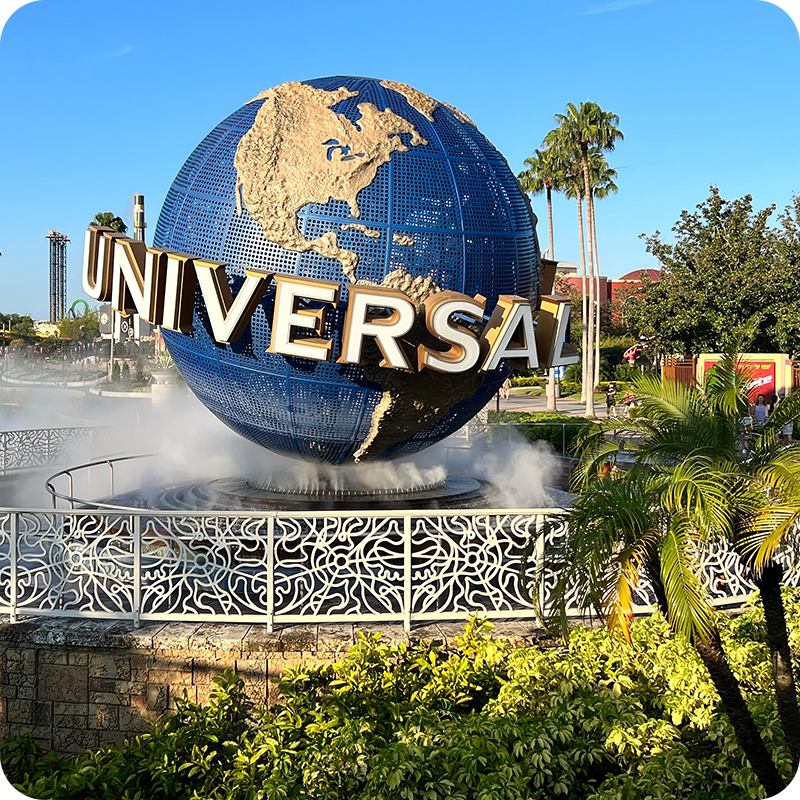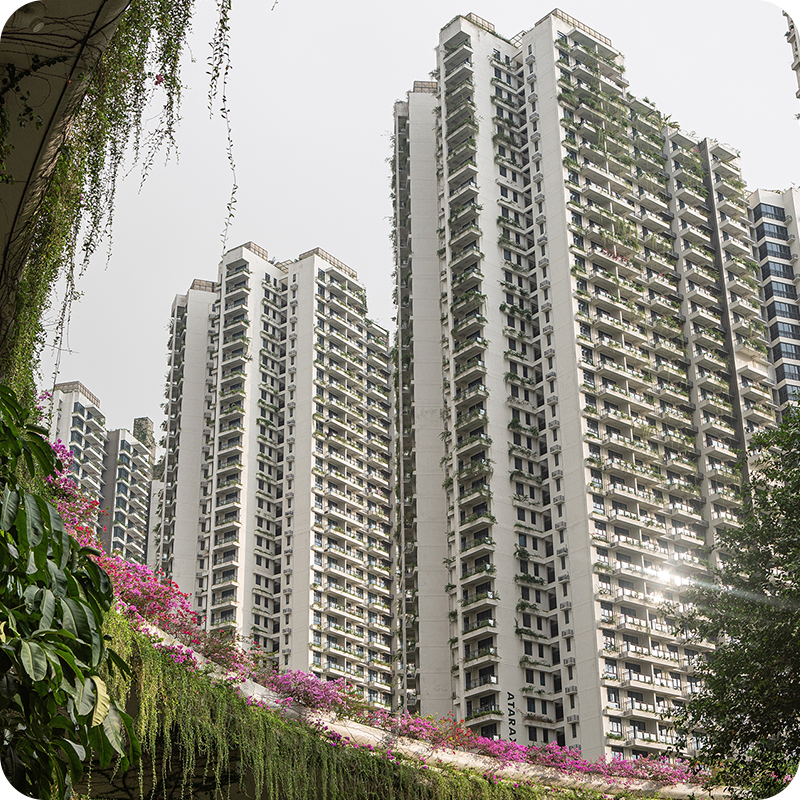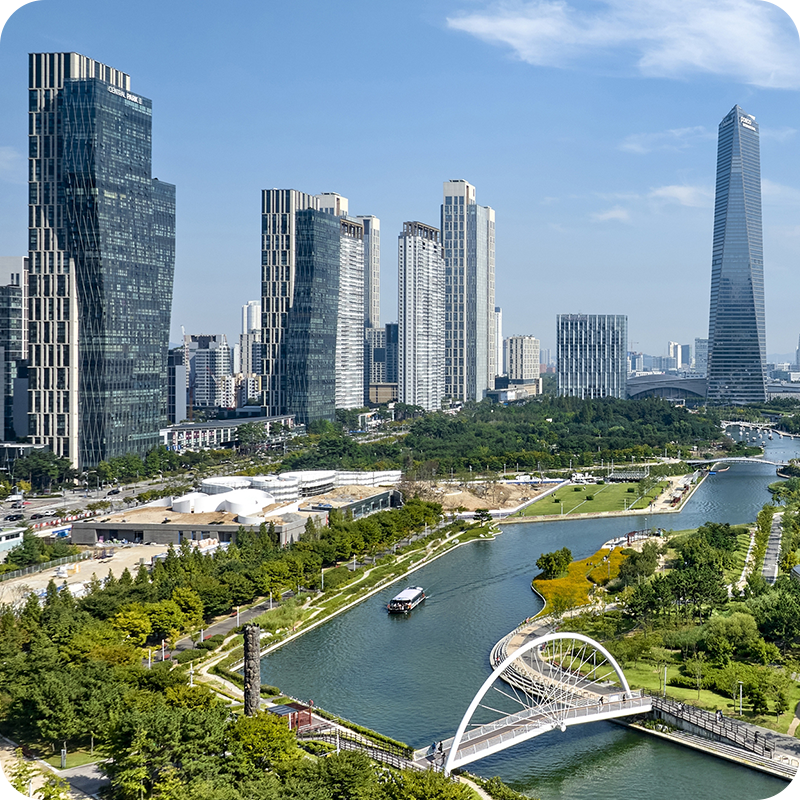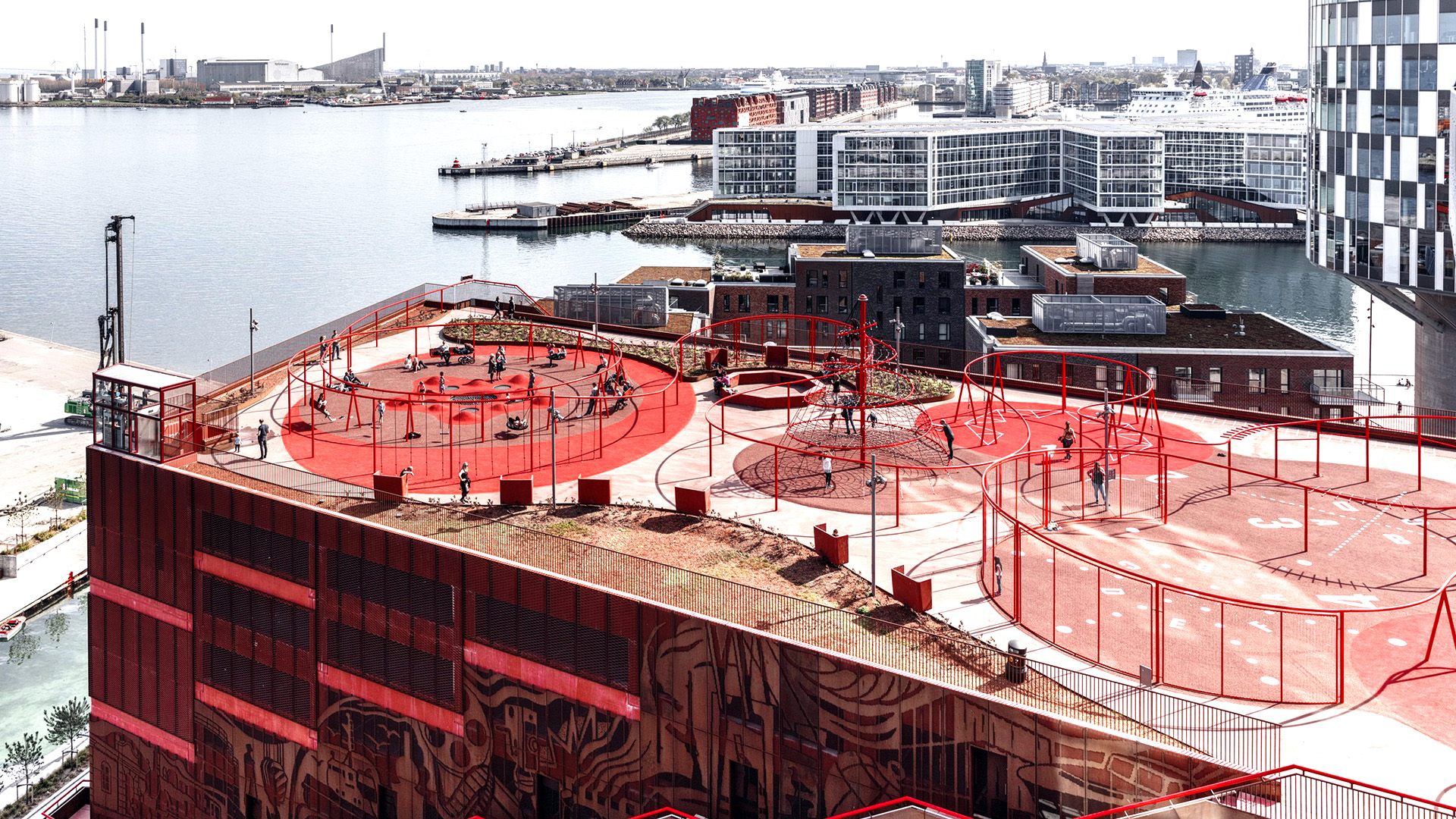
Disney World is a legislative oddity in the US; The Reedy Creek Improvement District in which it used to sit was a special taxing district created by the Florida State Legislature in 1967, which gave Disney World certain powers typically reserved for local governments. In particular, how it ran, planned and developed its estate.
The city-sized theme park used these powers to turn its Florida site into a multi-faceted resort covering roughly 25,000 acres – an area the size of Barcelona. In addition to the Magic Kingdom there are three more theme parks, two water parks and 19 hotels, which host millions of visitors each year at the world’s most popular theme park.
But in the heart of the US’s Sunshine State, a clash of interests began to emerge in March 2022. Governor Ron DeSantis of Florida engaged in an extended campaign to curb Disney World’s autonomy, by spearheading a legislative attempt to revoke its special tax status.
The two-year dispute between DeSantis and Disney began with the governor’s criticism of Disney's perceived liberal agenda, particularly its support for LGBTQ+ rights. This conflict, while resonating with conservative voices, also drew criticism for potentially overreaching. Disney’s significant economic impact on Central Florida, including over $1.1bn in state and local taxes and employing approximately 82,000 Floridians, added levels of complexity to the situation.
“I'd suggest this situation was driven primarily by political reasons and DeSantis’ own agenda,” says James Kavanagh MRICS, head of land and resources at RICS. “Imagine the Paris mayor doing something similar, it's a political gamble.”
Here’s how Disney vs DeSantis played out, a complex tapestry of politics, urban planning, socioeconomics and the delicate balance between state authority and corporate influence.
Three more self-governing districts
While these quasi-autonomous districts can have significant powers, such as tax collection and infrastructure development, the extent of their autonomy and the specific powers they hold can vary significantly.
The Reedy Creek Improvement District was particularly unique due to the broad range of powers it held, akin to those of a county government, which included the ability to build infrastructure and manage zoning without local government oversight

Shingle Creek Transit and Utility Community Development District, Florida
Established for Universal Orlando Resort, this district was created to finance infrastructure projects, including a rail link connecting Orlando’s airport to Universal Studios.
The board of this district is initially comprised of Universal employees, reflecting a similar level of control that Disney once had over Reedy Creek.

Forest City, Malaysia
This large-scale, private urban development project is part of the Iskandar Malaysia Special Economic Zone. Forest City is designed as an integrated residential and commercial hub, with a focus on green and smart city technologies. The project is positioned as a duty-free zone and aims to attract international investment and residents, primarily from China.
However, it has faced criticism for its environmental impact and for being financially inaccessible to most Malaysians. It has also struggled to attract new residents and is allegedly only partially built.

Songdo International Business District (SIBD), South Korea
SIBD is part of the Incheon Free Economic Zone in South Korea. It was developed as a smart city on reclaimed land and is designed to be a hub for business and technology. The project includes residential, commercial, and cultural facilities, and it is known for its advanced infrastructure and smart city technologies.
Songdo operates with a degree of autonomy as part of the free economic zone, which provides special regulatory and economic incentives to attract foreign investment.

